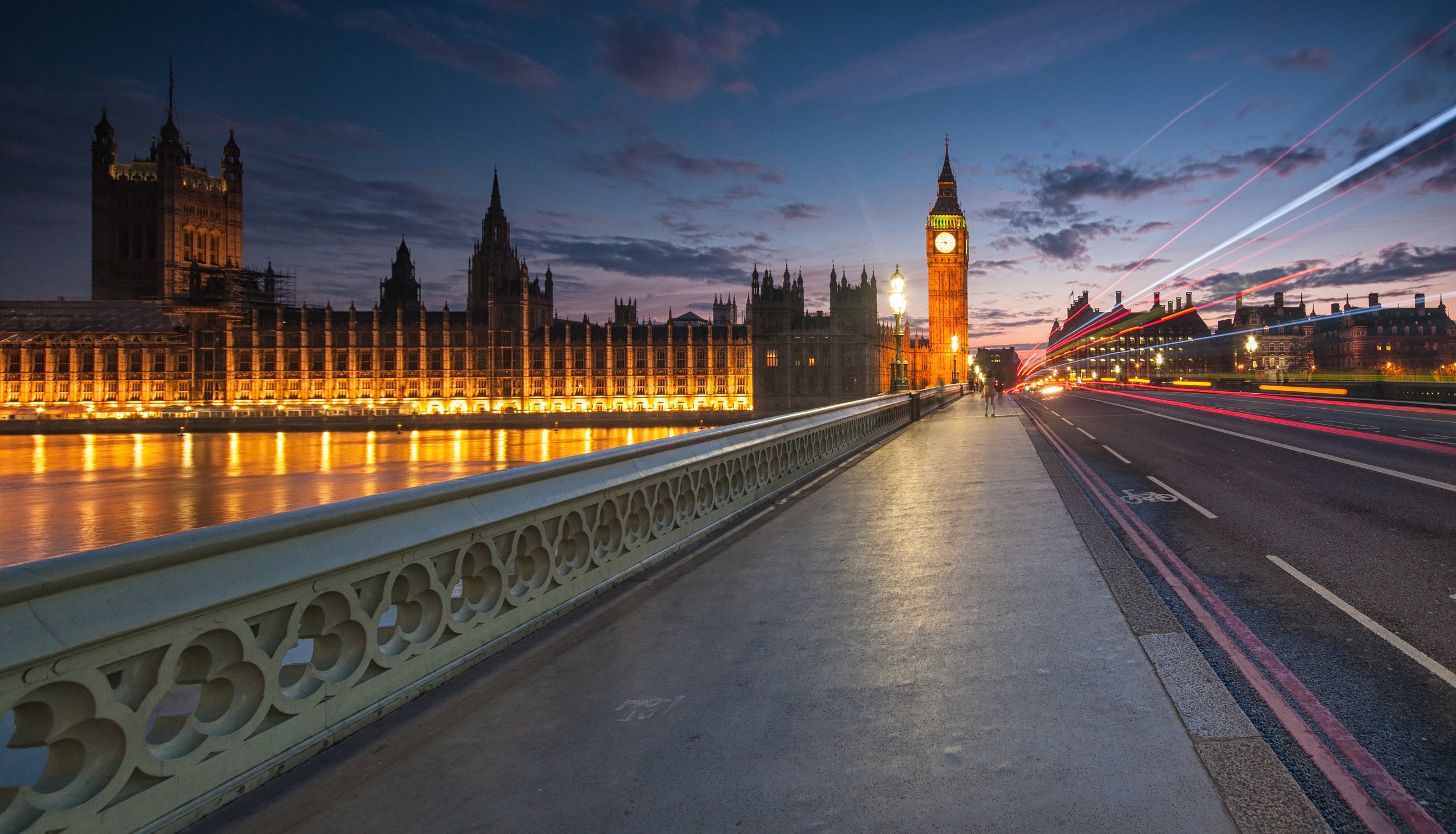
Can UK Aid Help Stop Irregular Migration?
Irregular, or illegal, migration is a major concern for UK politicians and voters across the UK, with the salience of the issue gradually rising since 2020 when the number of small boat arrivals started going up significantly. A core part of Prime Minister Rishi Sunak’s five pledges, and a major point of contention in public discourse, it is clear that tackling irregular migration will be a major dividing line in the upcoming general election.
As such, this report considers the role that the UK’s development offer can and should play as part of an effective, long-term and sustainable response to our current irregular migration challenges. Recent political discourse has focused on the ‘pull’ factors of irregular migration. A key example being the Government’s Rwanda Scheme, which is focused on creating a deterrence to reduce the number of migrants pursuing irregular routes into the UK. However, effectively mitigating the ‘push’ factors within migrant’s origin countries is equally, if not more, important to put migration flows on a more sustainable footing in the long-term.
Foreword
It has never been clearer than it has during this parliament how closely intertwined our domestic and foreign policies are. Whether during the Covid-19 pandemic or the cost of energy crisis precipitated by Russia’s illegal invasion of Ukraine, we have seen how crises that begin abroad have the potential to dominate politics here in Britain. Irregular migration is another such issue.
For all who worry that the current policy framework for dealing with this issue is inadequate, the long term trends driving it should be of considerable concern. As the Government set out in its Integrated Review Refresh, the world is becoming increasingly contested, with states that do not share our values competing to undermine the international, rules-based order. It is also becoming more fragmented, with geopolitical tensions rising and destabilising factors, such as climate change, putting increased pressure on the international system. That is why the Director of the United States Central Intelligence Agency (CIA), Bill Burns, has identified irregular migration as one of the ‘problems without passports’, that is reshaping the current world order.
The challenges of irregular migration have all the hallmarks of a slow burn crisis, with long-term drivers of migration, including conflicts, climate change, political instability and economic disparities, threatening to make the scale of the problem worse. Climate change in particular risks causing further mass migration into Europe and to the shores of the English Channel, exacerbating our existing difficulties in stopping illegal crossings. We have already seen what this grim future could hold in the wake of the civil war in Syria and the European refugee crisis that it triggered, which has been linked in part to more extreme droughts and crop failures.
This report sets out how some of the long-term drivers of irregular migration are at real risk of increasing in the years to come. It also sets out how, through the thoughtful use of our development expertise and funding, we can help tackle some of those problems at source and manage the risks associated with it.
Taking back control of our borders includes responding to the challenges that compel people to move within their country of origin. As we debate the new tools that are needed to tackle cross-channel crossings, we should not neglect to think about how in a broader, cross-governmental way, the United Kingdom can work to mitigate this problem at its source. It is a global challenge and it requires a global solution. The UKs aid and development work is one important tool for tackling what will remain one of the defining challenges of the 21st century.
Jane Stevenson MP
Conservative Member of Parliament for Wolverhampton North East
Conclusions
The aid budget should be used to invest in poverty alleviation, create better economic opportunities for a generation of young people in search of work, and the UK’s development expertise should continue to support stable and democratic governance across the world.
The UK spent 29 per cent of its ODA budget on hosting asylum seekers, thus kneecapping British capacity to make a difference abroad.
A secure border, controlled immigration levels and an orderly asylum process, is central to maintaining public trust.
Development does help address the very factors of this challenge which border security measures and deterrence policies cannot.


